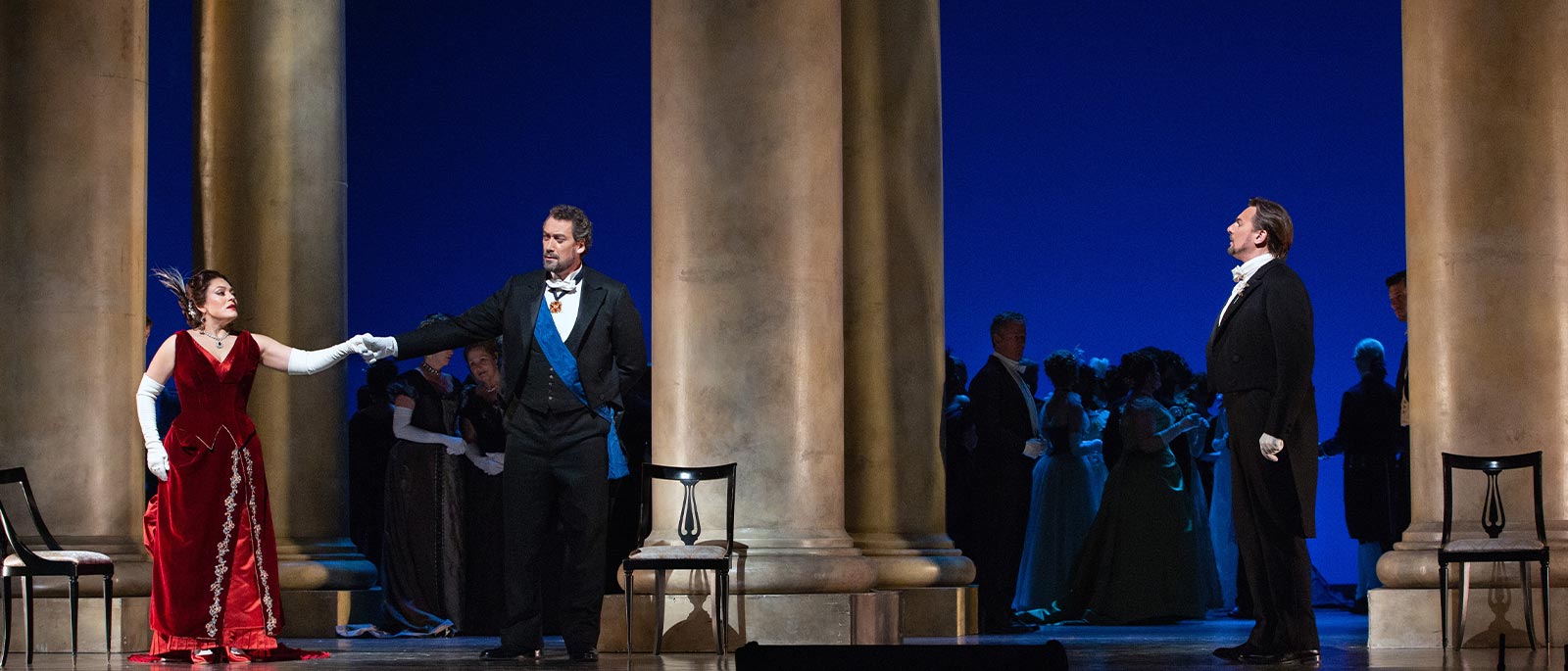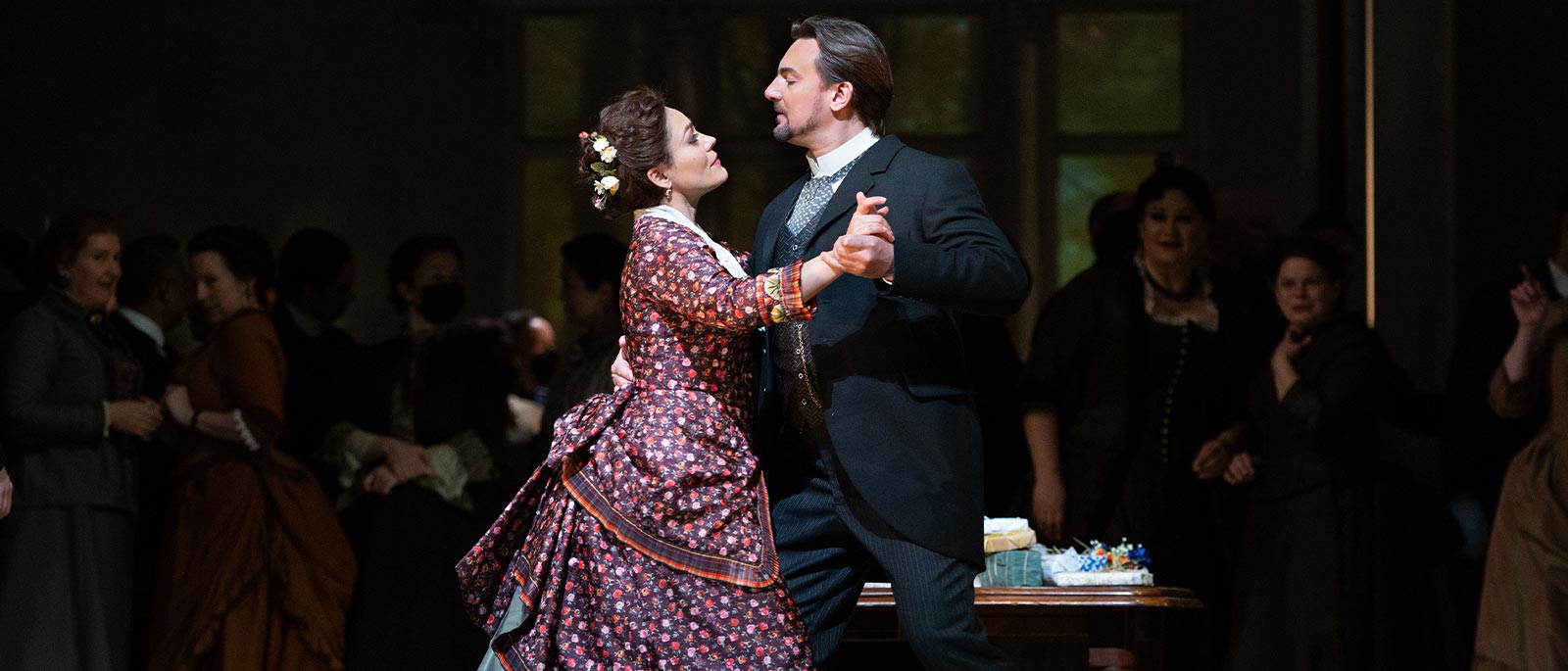
Pyotr Ilyich Tchaikovsky
Eugene Onegin
This production ran: Mar 25 - Apr 14
This Production is in the past
Overview
Ailyn Pérez has excited Met audiences in several of opera’s benchmark soprano roles, and she adds another one this season as Tatiana, the naïve young girl who grows into a sophisticated beauty in Tchaikovsky’s sumptuous opera of unrequited love. Baritone Igor Golovatenko returns on the heels of an impressive 2019 Met debut in The Queen of Spades to sing the title role of the urbane nobleman who rejects Tatiana, much to his later dismay. Star tenor and audience favorite Piotr Beczała is the hot-headed Lenski, and James Gaffigan conducts.
All audience members must be fully vaccinated against Covid-19 and wear face masks at all times inside the Met, except when eating or drinking in designated areas. For more information on health and safety policies, visit our commitment page.
A co-production of the Metropolitan Opera and English National Opera
Production a gift of Ambassador and Mrs. Nicholas F. Taubman
Revival a gift of the Metropolitan Opera Club
Languages
Languages sung in Eugene Onegin
Sung In
Russian
Titles
Title languages displayed for Eugene Onegin
Met Titles In
- English
- German
- Spanish
Timeline
Timeline for the show, Eugene Onegin
Estimated Run Time
3 hrs 45 mins
-
House Opens
-
Act I
80 mins
-
Intermission
35 mins
-
Act II
40 mins
-
Intermission
30 mins
-
Act III
40 mins
-
Opera Ends
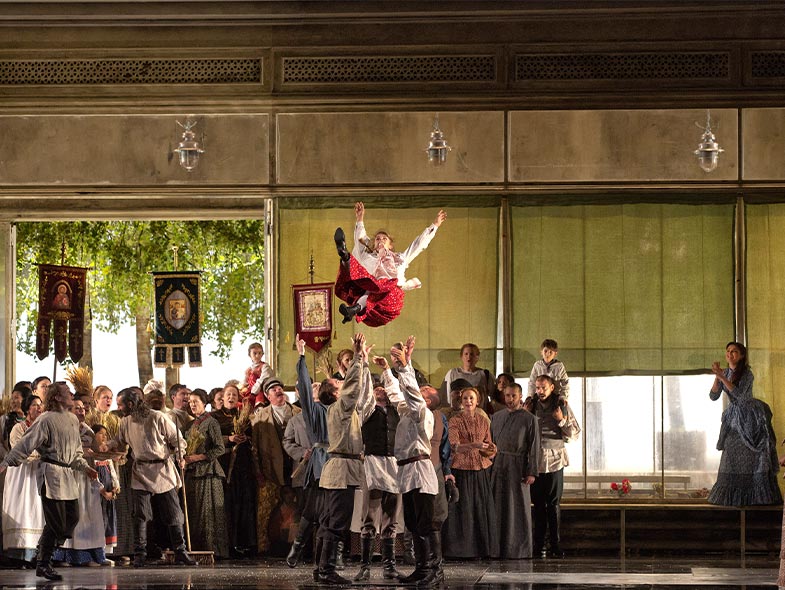
World premiere: Malïy Theatre, Moscow, 1879, with students from the Moscow Conservatory; Professional premiere: Bolshoi Theatre, Moscow, 1881
Tchaikovsky’s many moods—tender, grand, melancholy—are all given free rein in Eugene Onegin. The opera is based on Pushkin’s iconic verse novel, which re-imagines the Byronic romantic anti-hero as the definitive bored Russian aristocrat caught between convention and ennui; Tchaikovsky, similarly, took Western European operatic forms and transformed them into an authentic and undeniably Russian work. At the core of the opera is the young girl Tatiana, who grows from a sentimental adolescent into a complete woman in one of the operatic stage’s most convincing character developments.
Creators
Pyotr Ilyich Tchaikovsky (1840–93) enjoyed tremendous fame during his lifetime as a composer of symphonic music and ballets. His operas have achieved a steadily growing popularity outside of Russia. The libretto for Eugene Onegin was largely put together by the composer himself, with help from his brother Modest (1850–1916) and others. The source of the libretto is the mock-epic verse novel of the same name by Alexander Pushkin (1799–1837), whose position in Russian literature can be compared only to that of Shakespeare in English.
PRODUCTION
Deborah Warner
Set Designer
Tom Pye
COSTUME DESIGNER
Chloe Obolensky
LIGHTING DESIGNER
Jean Kalman
PROJECTION DESIGNER
Ian William Galloway and Finn Ross
CHOREOGRAPHER
Kim Brandstrup
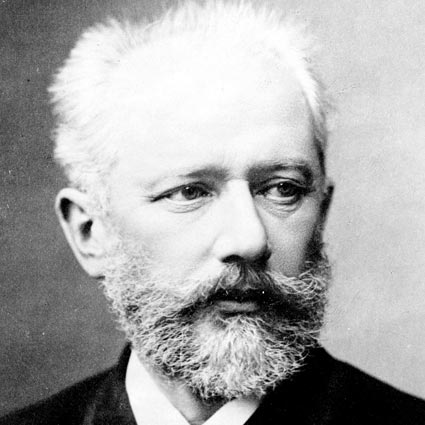
Composer
Pyotr Ilyich Tchaikovsky
Setting
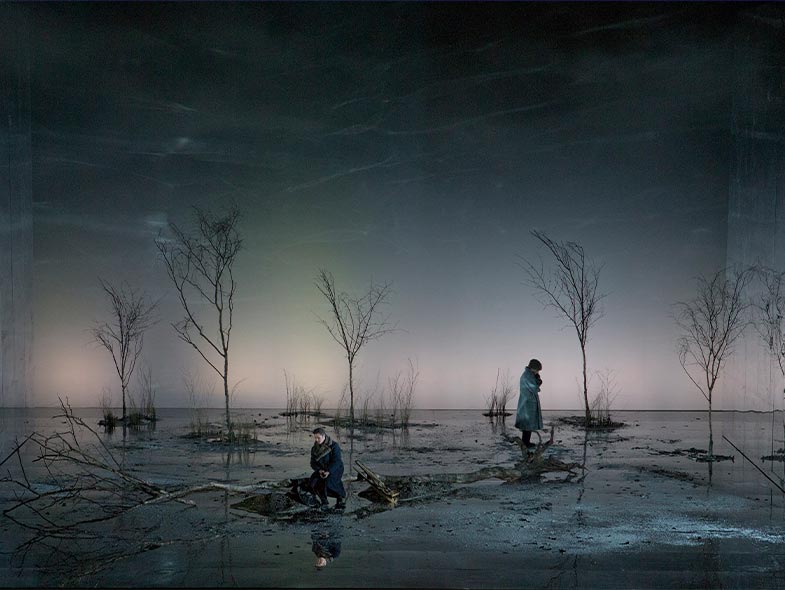
Pushkin presents a vast overview of old Russian society around 1820, which Tchaikovsky’s original score neatly divides into each of its three acts: from the timeless rituals of country life to the rural gentry with its troubles and pleasures and, finally, the glittering imperial aristocracy of St. Petersburg. The Met’s production places the action in the later 19th century, around the time of the opera’s premiere.
Music
Tchaikovsky’s universally beloved lyric gifts are at their most powerful and multilayered in this opera. Rich ensembles and buoyant dance numbers punctuate the work, and the vocal solos are among the most striking in the repertory: Anyone who can remember the first stirrings of love will be moved by Tatiana’s Letter Scene, in which she rhapsodically composes a letter to Onegin in an outpouring of gorgeous melody. This is rivaled in popularity by the tenor’s moving farewell to his young life in Act II, while Onegin’s Act III narrative on the pointlessness of life borders on Wagnerian
